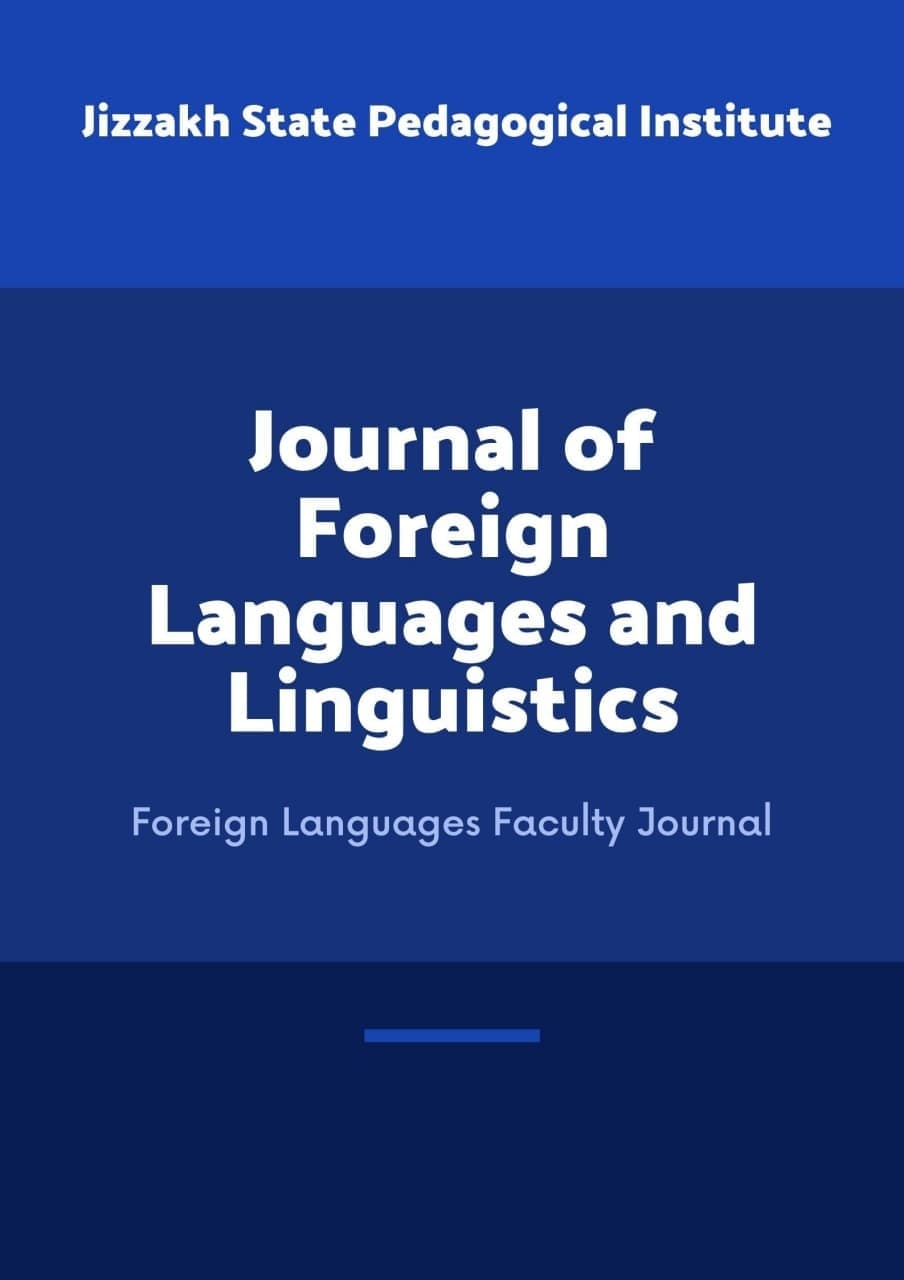Аннотация
There is an increasing interest in language learning today, but there are also barriers to language learning. The process of learning a language is regarded as one of the most contentious issues in our modern society. The authors attempted to examine the main characteristics of cognitive factors using the examples of transfer, interference, and overgeneralization and discussed the difficulties in learning languages, how to overcome them, easy mastery of languages, and indeed the unifying and distinguishing aspects of learning two or three languages. The similarities and differences, as well as the significance of transfer in language learning, are thoroughly discussed. This paper focuses on the article's strong and weak points, as well as its language.
Как цитировать
Библиографические ссылки
Brown, D. 1994 Principle of Language Learning an Teaching
Krashen, S. 2002. Second Language Acquisition and Second Language Learning.
Leaver, B. L. M. E. Ehrman, and B. Shekhtman. 2005. Achieving Success in Second Lnaguage Acquisition
Авторы
Shoira Turaeva
Jizzakh State Pedagogical Institute
Ключевые слова:
cognition, cognitive factors, transfer, positive, negative, interference, overgeneralization, L1, L2,Выпуск
Раздел: Статьи
Copyright (c) 2021 Журнал иностранных языков и лингвистики

Это произведение доступно по лицензии Creative Commons «Attribution-ShareAlike» («Атрибуция — На тех же условиях») 4.0 Всемирная.


